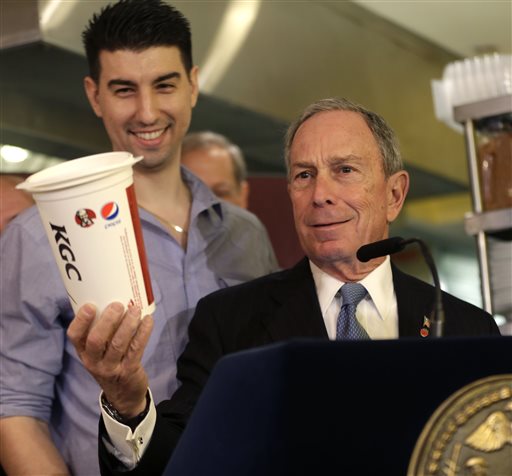Bloomberg: NYC to seek bids on health insurance

The city will seek bids within days for its multibillion-dollar health insurance contracts, Mayor Michael Bloomberg said Tuesday, invoking other cities’ fiscal struggles as he deepened his stance in a standoff with unions.
Devoting a speech to economic issues, the mayor again drew the hard line he has taken on labor issues in recent years, outlined a challenge for whoever succeeds him in January and mentioned Detroit’s recent bankruptcy to illustrate what he said were the potential consequences of not trimming government health care and pension costs.
“We may be a long way from Detroit,” he said, touting New York’s rebound from the 2008 financial crisis and recession, “but we are only a short ways from relapsing into decline if we allow health care and pension benefits to crowd out the investments that make New York City a place where people want to live, work, study and visit.”